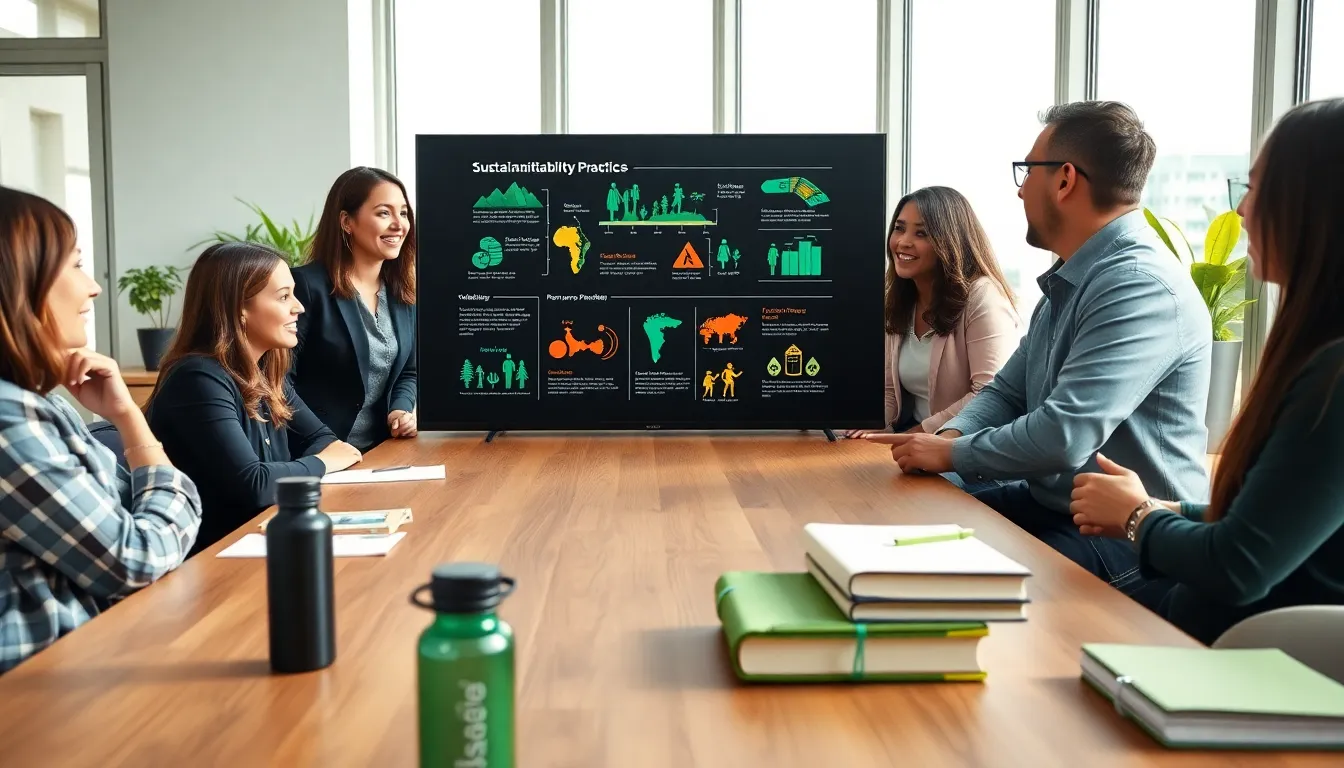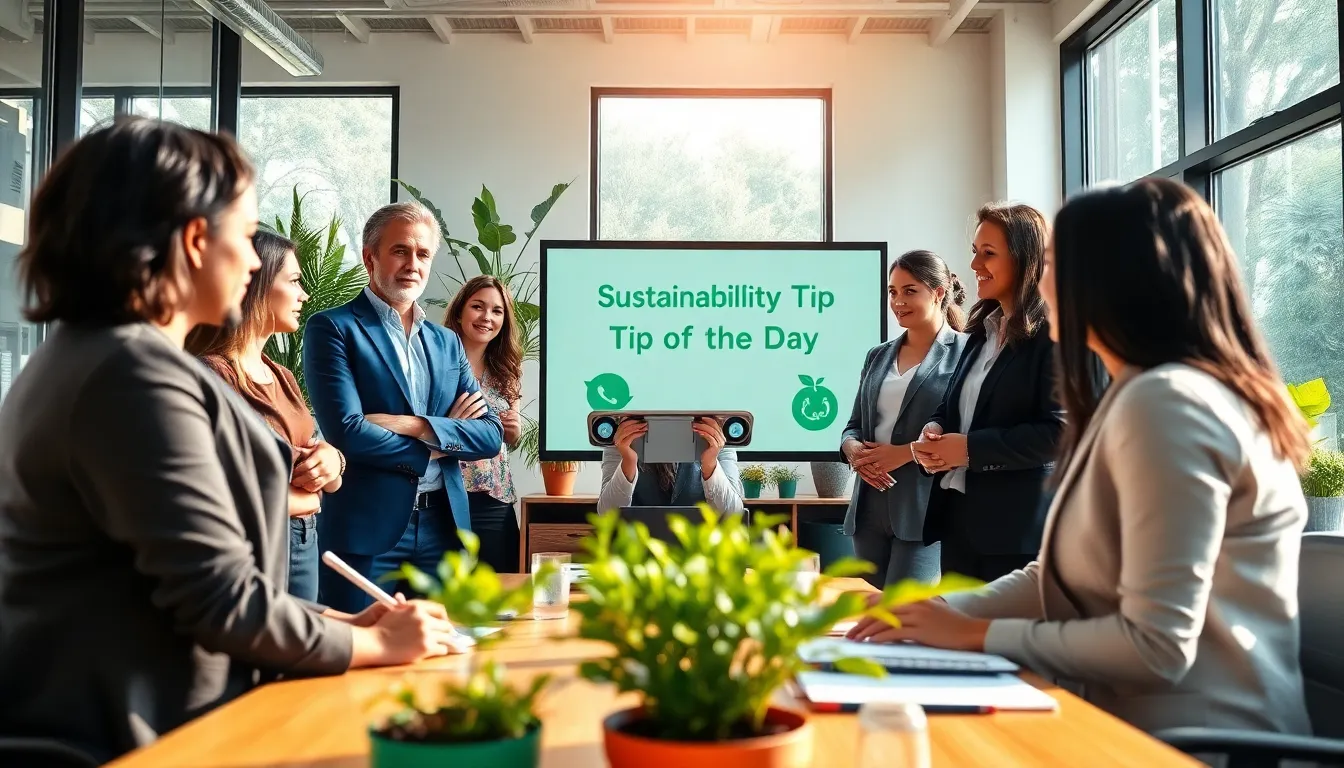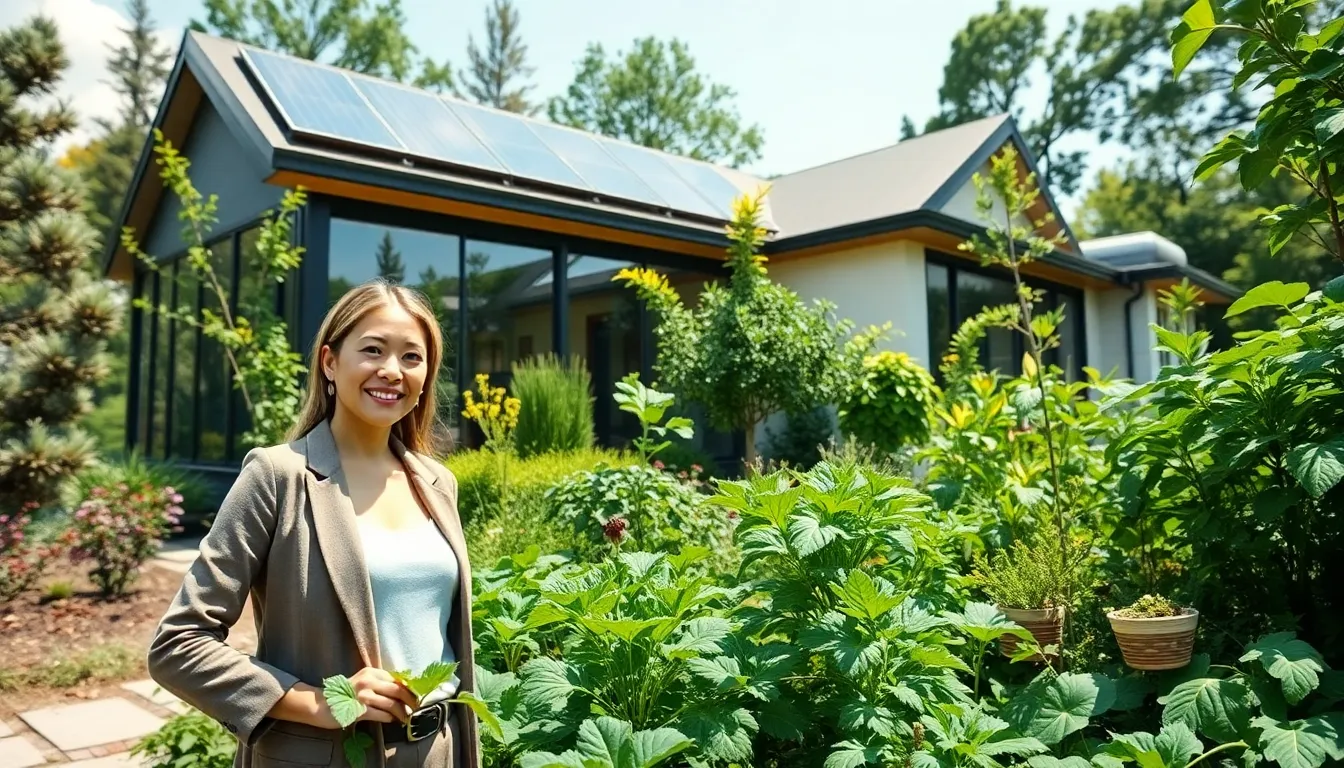Every little effort counts when it comes to sustainability. Imagine if everyone did their part: it could be like a giant environmental potluck where everyone brings a dish. But instead of food, it’s a buffet of green habits. Getting started might feel daunting, but with a few simple tips, sustainable living can be easier than choosing between pizza or tacos for dinner. Let’s explore the essentials of sustainability, why it’s crucial, and the simple changes that can transform not just lives but the planet.
Table of Contents
ToggleUnderstanding Sustainability

Sustainability is more than just a buzzword: it’s a lifestyle change that aims to balance human needs with the planet’s health. Broadly speaking, it encompasses practices that reduce our ecological footprint and promote a sustainable future. This means harnessing resources in a way that does not deplete them for future generations.
At its core, sustainability is about creating systems that allow people and nature to coexist harmoniously. It touches every aspect of our lives, from the food on our plates to the vehicles we drive. Understanding sustainability means recognizing our interconnectedness with the environment and making conscious choices that benefit both individuals and the world as a whole.
The Importance of Daily Sustainability Practices
Daily sustainability practices have a ripple effect that goes far beyond the individual. When a person opts for a reusable water bottle instead of single-use plastic, it’s not just a minor change: it’s a statement. It reflects an awareness of the environmental challenges we face and a commitment to address them.
These small, daily actions can significantly diminish carbon footprints. They can inspire others, creating a culture of sustainability that encourages more people to rethink their habits. A community that prioritizes sustainability can lead to breakthroughs in environmental policies, urban planning, and social awareness.
Simple Daily Tips for Sustainable Living
There are countless ways to integrate sustainable practices into daily life. Here are some foolproof ideas that anyone can start applying right now:
Incorporating Sustainable Practices at Home
Home is where the heart is, but it can also be a source of waste. Here are some ways to reduce that:
- Switch to Energy-Efficient Appliances: Upgrading to appliances with the ENERGY STAR label can lower energy use significantly.
- Embrace LED Lighting: These bulbs last longer and consume less power than traditional options.
- Opt for Eco-Friendly Cleaners: Many natural cleaning products are non-toxic and eco-friendly, ensuring a clean home without harming the planet.
Greener Transportation Options
Transportation is often a major contributor to one’s carbon footprint. How can individuals change their habits to promote sustainability in travel?
- Walk or Bike When Possible: Short distances can easily be covered without a car. Not only does this reduce emissions, but it’s also a great way to stay healthy.
- Carpool or Use Public Transit: This minimizes the number of vehicles on the road, cutting down on traffic and emissions.
- Consider Electric Vehicles: If a new car is in the cards, consider going electric. They can drastically reduce greenhouse gas emissions.
Sustainable Consumption Habits
What goes in the shopping cart can have profound implications for sustainability. Let’s explore some mindful shopping choices:
- Choose Local Produce: Supporting local farms not only reduces transportation emissions but also boosts local economies.
- Reduce Meat Consumption: Incorporating meatless days into the week can lower individual carbon footprints, as livestock farming is resource-intensive.
- Buy Second-Hand: Thrift shopping not only saves money but also extends the lifecycle of clothing and goods.
Engaging with Your Community for Sustainability
Community engagement is a cornerstone of effective sustainability practices. When individuals come together, their collective efforts can lead to impactful changes.
- Join or Start Local Initiatives: Getting involved with local groups focused on sustainability helps build a support network. Group projects, such as community gardens, not only beautify neighborhoods but also promote food security.
- Host Educational Workshops: Sharing knowledge about sustainability can empower others and reinforce communal bonds.
- Participate in Clean-Up Days: Organizing or participating in park clean-ups can foster a sense of ownership and responsibility among community members.
Resources for Further Sustainability Learning
There is an abundance of resources available for those eager to dive deeper into sustainability. Here’s where to look:
- Books and Audiobooks: Titles like “The Omnivore’s Dilemma” by Michael Pollan and “How to Be an Environmentalist” by Ben Goldfarb offer insights and practical advice.
- Online Courses: Websites such as Coursera and edX provide courses on sustainable living, green energy, and environmental science that can help anyone become more informed.
- Podcasts: Podcasts like “How to Save a Planet” discuss sustainability issues in a relatable way, making complex concepts accessible to all.





